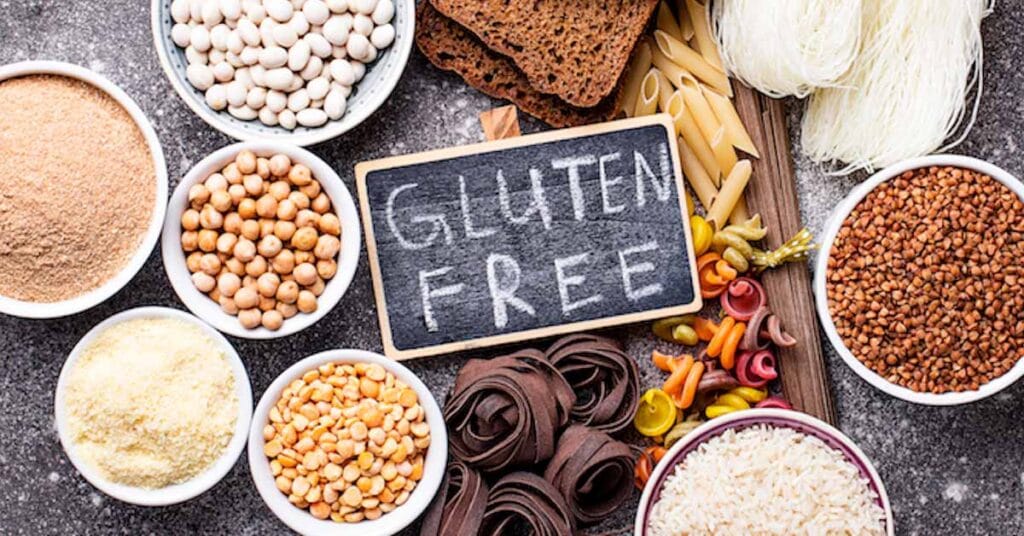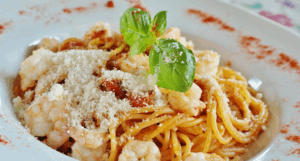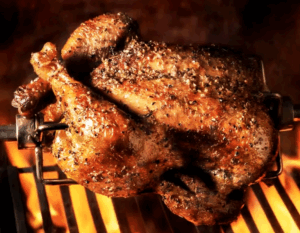The Importance of Routine With a Gluten Free Diet

If you have been suffering with symptoms of coeliac disease and have been diagnosed by your doctor, you must begin a gluten free diet. As with any other type of positive habit, it is important that you implement a routine that you can stick to, and this can take time to achieve. Luckily, living gluten free is not as challenging as it once was, with gluten free food aisles in supermarkets and gluten free products on prescription for those people who qualify for it.
What can you eat on a gluten free diet?
Before you begin putting together a meal plan and working out a routine for your gluten free diet, you first need to understand what it is you can eat. You know that you can’t eat gluten, but what is left for you to eat?
Luckily, there are loads of foods that are naturally gluten free, including:
Fruits and vegetables – any fresh fruit and vegetables are naturally gluten free. They provide you with plenty of minerals, vitamins, antioxidants and fibre. Frozen and canned fruit can also be listed here, as long as you check the label to ensure there are no added syrups, sauces or seasoning that could contain gluten.
Meat, fish, poultry – fresh meat, poultry, fish, and eggs are all gluten free and are great sources of protein, zinc, iron, and B vitamins. This is also applied to canned and frozen goods if they do not contain added sauces or seasonings that could contain gluten.
Grains and starches – rice, corn, buckwheat, quinoa, sorghum, oats, tapioca, potatoes, these are all things that are gluten free and that you can include in your gluten free diet. It is important to be aware however, that some grains and starches might go through processes where they could be contaminated with gluten, so always check labels.
Dairy products – cheese, milk, yoghurt and butter are gluten free and provide a good source of calcium, vitamin D and protein. Flavoured dairy products may contain gluten as an additive, so always be careful when choosing a dairy product.
Legumes – these provide you with protein, fibre, folate, iron and more and offer great versatility in your diet. Beans, peas, soybeans, peanuts, lentils and other legumes are a great thing to add to your meal plan.
Nuts and seeds – nuts are a fantastic source of healthy fats, protein and fibre. The great thing about them is they are great to snack with throughout the day but can also be roasted and used within cooking. Always check the label to ensure they have not had a coating added.
Herbs and spices – are gluten free and add extra flavour to your dishes whether they are fresh or dried herbs and spices.
Set-up a meal plan
Put together a meal plan for the week ahead, cook batches of meals that can be portioned easily and frozen if required. This will help you start a positive routine for a gluten free diet as you are helping future you on those days when you can’t be bothered (old you has already done all the work!).
The psychology of routine
It takes time for your brain to learn that a positive habit is good for you. Your willpower is not a skill, but in many senses a muscle that you need to work. Once you have done something in a certain way for long enough, your brain will understand the rewards that comes with it. For a gluten free diet this means that it might be tough at first, but the physical effects on your body will be enough to help you get to where you need to be, with a full gluten free routine that you’ll stick to forever.
Routine is everything in life, but when it comes to something as important as your health it becomes even more important. Healthy eating habits can take time to develop in some cases, and for a person that is coeliac and cannot have any gluten in their diet, this routine is crucial to the quality of life they live. If you have been accidentally ‘glutened’, this can have a knock-on effect for a few days, so once you have reached a point where you follow a gluten free diet, it is important that you stick to it 100%.






